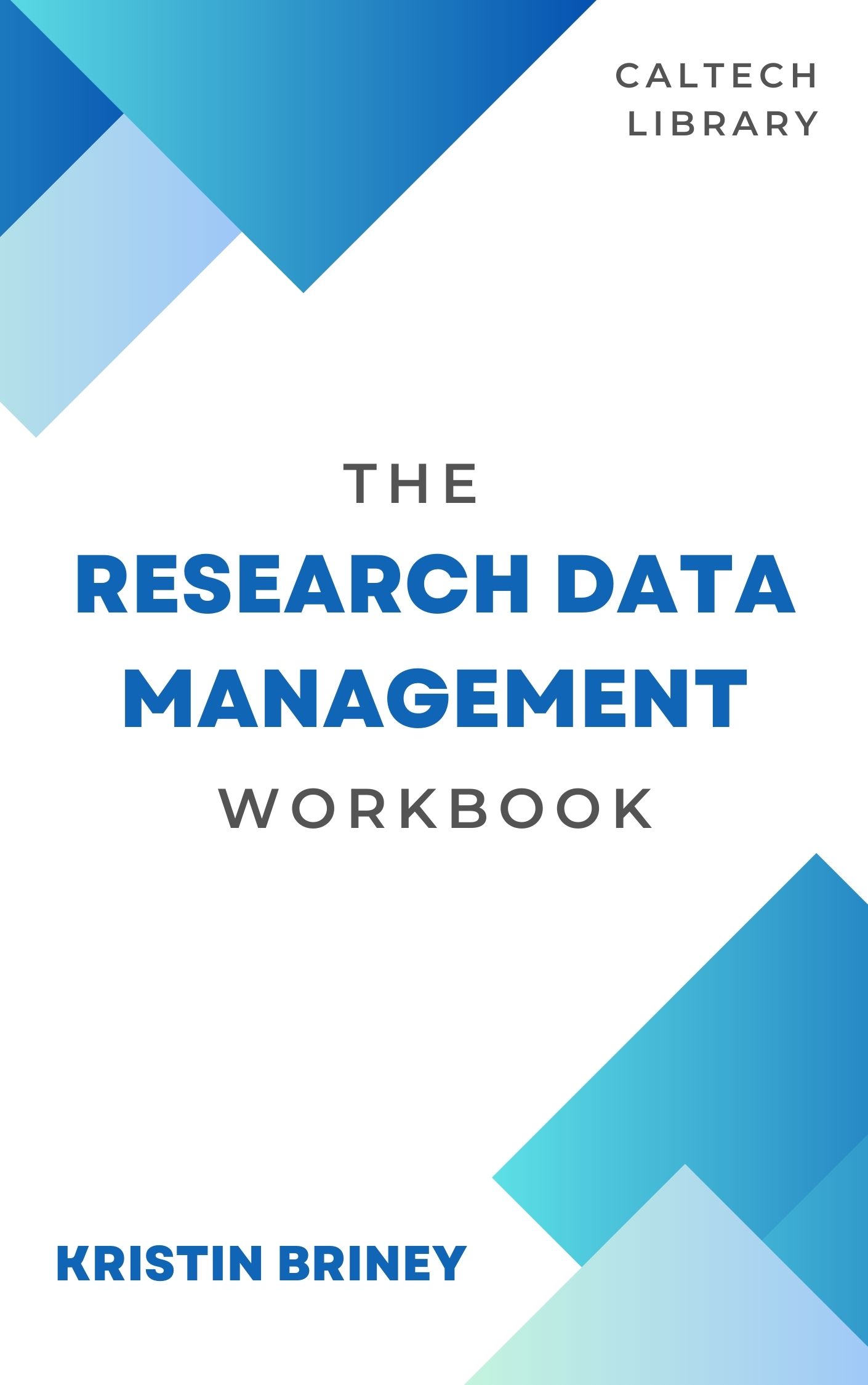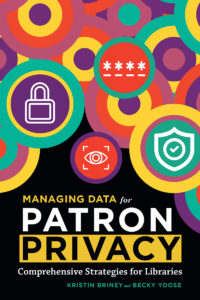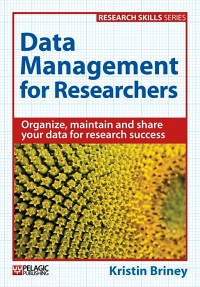My colleague Carolyn Bishoff at the MDLS20 conference introduced me to the idea that data management is like housekeeping: it’s a task that you have to continually do in order to live and thrive in your environment. It’s not something that we always enjoy doing and it’s something that we can get away with doing the bare minimum in order to survive, but it’s still something that needs to be done.
Carolyn continued this metaphor in the scope of teaching people how to do data management (which is something I do as part of my job). She likened it to teaching someone to do laundry; just because you know how to wash and fold your clothes doesn’t mean that you actually get your laundry done. I think this is a good reminder for everyone, data management instructors and practitioners alike, about the continual nature of the work and that knowing doesn’t necessarily translate into doing.
I’m also reflecting on another talk by my colleague Hannah Gunderman at the RDAP21 conference who acknowledged how much anxiety exists around data management. When we talk about “data best practices” (which I’ve done frequently), that can create anxiety because we feel like we aren’t living up to that ideal data standard. Instead, Gunderman suggested using the term “recommended practices” and recognizing that the perceived ideal is impossible. We might desire to be the Martha Stewart of data management (I will admit to personally having this desire), but it’s not a realistic standard for everyday life.
A third reference I want to pull into this reflection is from the book Unf*ck Your Habitat by Rachel Hoffman. It’s a book about literal housekeeping but I think some of the lessons apply to data management. Namely, Hoffman recommends that, instead of doing deep cleaning sprees when your house gets super messy, you should regularly set aside small amounts of dedicated time (with the duration depending on your energy and ability) to try to improve your environment. This can be 5 minutes or 30 minutes, but when that time’s up you stop cleaning and take a short break. You won’t be able to clean everything during these short periods but you can actually make a positive difference in this short amount of time. This incremental method gives us the ability to make improvements while also relieving ourselves of the need for housekeeping perfection.
Finally, I’m thinking about housekeeping as care work, which is often invisible and gendered. If we use this metaphor, we need to recognize that housekeeping labor has mainly been the provenance of women in American society (and other Western countries) and historically undervalued. It’s unpaid labor and, even though it’s critical to a functioning society, it’s made invisible (see Abigail Goben’s Women’s Labor in COVID bibliography for all of the ways our reliance on unpaid care labor has broken us during this pandemic). I think data management is a form of care work, in that we are caring for our research results, yet the act of managing data is often rendered invisible until a data disaster happens. This perspective also makes me wonder if data management is a gendered act within the research enterprise?
While metaphors always have their limitations, I think there is value in thinking of data management as housekeeping. There’s no one right way to keep your house clean and there’s no one right way to keep your data organized, but there’s value in making continual small steps to make things better. Embrace the imperfection and do what you can to make your data a little more organized that before; these small differences really do help. And finally, as a collective we must value the work of data management, even when there’s societal pressure to render it invisible.




